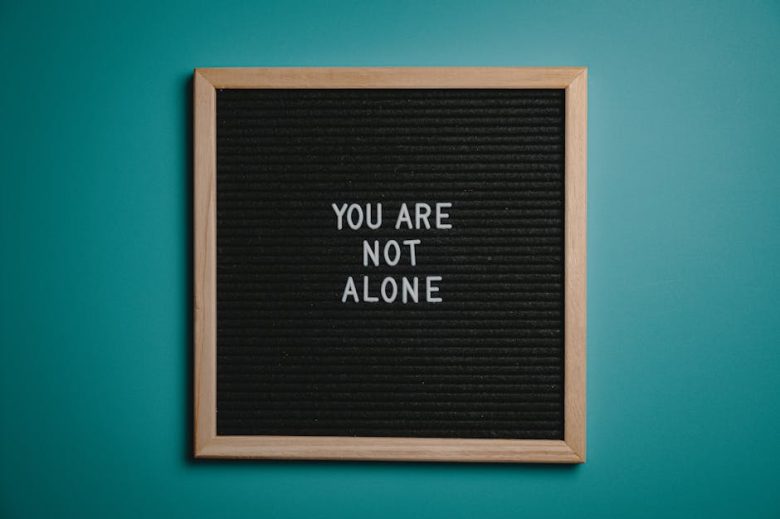In a world that often feels chaotic and overwhelming, the practice of mindfulness has emerged as a beacon of calm and clarity. But what exactly is mindfulness, and how can it be integrated into our daily routines? At its core, mindfulness is the art of being fully present in the moment, acknowledging our thoughts and feelings without judgment. As we explore the myriad benefits of incorporating mindfulness into our daily lives, it becomes clear that this practice can transform not only our mental well-being but also our overall quality of life.
The journey towards mindfulness begins with awareness. By taking a moment to pause and reflect on our current experiences, we can cultivate a deeper understanding of our emotions and reactions. This awareness allows us to respond to situations more thoughtfully rather than reacting impulsively. As we learn to navigate our thoughts and feelings with greater clarity, we can foster a sense of inner peace that permeates all aspects of our lives.
One of the most notable benefits of practicing mindfulness is its positive impact on mental health. Numerous studies have shown that mindfulness can reduce symptoms of anxiety, depression, and stress. By focusing on the present moment, individuals can break free from the cycle of negative thinking that often accompanies these mental health challenges. Mindfulness encourages us to observe our thoughts without getting entangled in them, leading to a more balanced emotional state and a greater capacity for resilience.
Moreover, mindfulness enhances our relationships with others. When we practice being present, we become more attuned to the needs and feelings of those around us. This heightened awareness fosters empathy and compassion, allowing for more meaningful connections. Mindful communication—listening actively and responding thoughtfully—can significantly improve our interactions, whether with family, friends, or colleagues. As we cultivate a more mindful approach to our relationships, we find that conflicts are resolved more peacefully and understanding flourishes.
Incorporating mindfulness into our daily routines can take many forms, from meditation and deep-breathing exercises to simply taking a moment to savor our meals. These practices encourage us to slow down and appreciate the richness of our experiences. For instance, during a busy day, taking a few minutes to step outside and connect with nature can rejuvenate our spirits and restore our focus. By embedding mindfulness into our everyday activities, we create a foundation for a more intentional and fulfilling life.
The benefits of mindfulness extend beyond individual well-being; they also contribute to a healthier society. As more people embrace mindfulness practices, collective stress levels may decrease, leading to improved community dynamics. A society that prioritizes mindfulness is likely to experience enhanced cooperation, reduced aggression, and a greater sense of belonging. This ripple effect can foster environments where collaboration and support thrive, ultimately creating a more compassionate world.
In conclusion, the practice of mindfulness offers a wealth of benefits that can enrich our daily lives. From improving mental health and strengthening relationships to fostering a sense of community, mindfulness serves as a powerful tool for personal and collective growth. By committing to being present and aware, we can navigate the complexities of modern life with greater ease and grace. As we embrace mindfulness, we open ourselves up to a deeper appreciation of the world around us, leading to a more fulfilling and connected existence.
